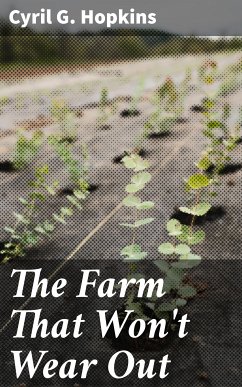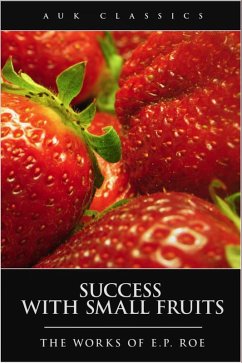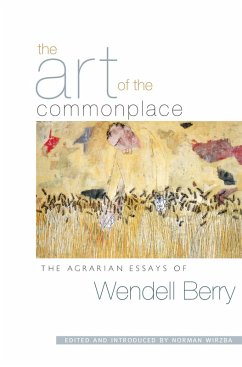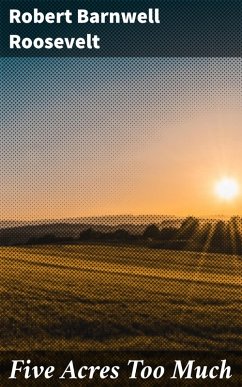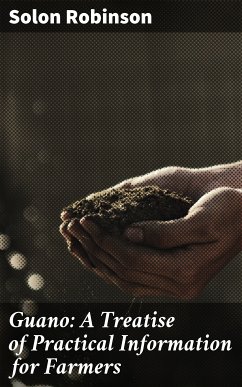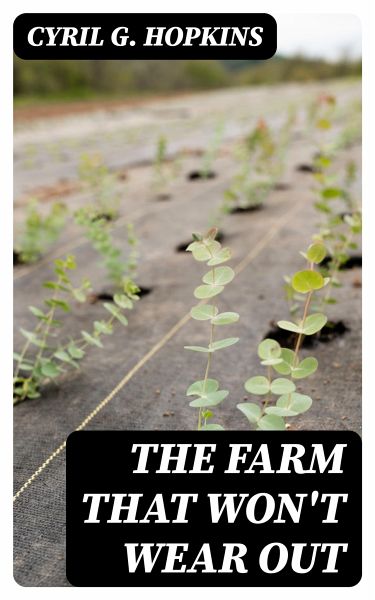
The Farm That Won't Wear Out (eBook, ePUB)
Versandkostenfrei!
Sofort per Download lieferbar
0,49 €
inkl. MwSt.
Weitere Ausgaben:

PAYBACK Punkte
0 °P sammeln!
In "The Farm That Won't Wear Out," Cyril G. Hopkins intricately weaves agrarian philosophy with practical agricultural techniques, advocating for sustainable farming practices well ahead of its time. This seminal work, published during the early 20th century, employs a rich narrative style that combines scientific research with personal anecdote, allowing readers to grasp complex concepts in soil management and crop rotation. Through engaging prose, Hopkins addresses the ecological ramifications of farming practices and emphasizes the importance of nurturing farmland to ensure its longevity, p...
In "The Farm That Won't Wear Out," Cyril G. Hopkins intricately weaves agrarian philosophy with practical agricultural techniques, advocating for sustainable farming practices well ahead of its time. This seminal work, published during the early 20th century, employs a rich narrative style that combines scientific research with personal anecdote, allowing readers to grasp complex concepts in soil management and crop rotation. Through engaging prose, Hopkins addresses the ecological ramifications of farming practices and emphasizes the importance of nurturing farmland to ensure its longevity, providing a compelling critique of industrial agriculture. Cyril G. Hopkins, a prominent agronomist and educator, was deeply influenced by his experiences in the development of agricultural education at the University of Illinois. His prosperous career, marked by a dedication to advancing agronomic science, shaped his conviction that sustainable practices could significantly improve farming efficiency and environmental stewardship. Hopkins's firsthand experiences with farmers and dedication to patenting innovative farming methods grounded his arguments in real-world application, making his insights particularly relevant and resonant. Readers seeking to deepen their understanding of agriculture's relationship with the environment will find "The Farm That Won't Wear Out" an essential and enlightening read. Not merely a manual for farmers, this book serves as a philosophical treatise urging a reevaluation of our agricultural practices. Hopkins's forward-thinking approach eloquently argues for a path toward sustainability that remains relevant in today's ecological discussions.
Dieser Download kann aus rechtlichen Gründen nur mit Rechnungsadresse in A, B, BG, CY, CZ, D, DK, EW, E, FIN, F, GR, H, IRL, I, LT, L, LR, M, NL, PL, P, R, S, SLO, SK ausgeliefert werden.




